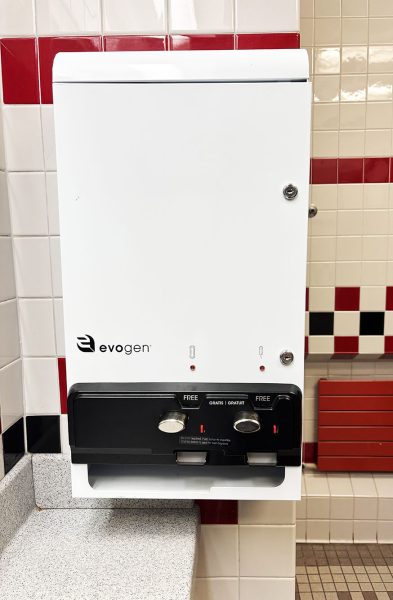Welfare-State Socialism, A Critique of American Progressives
In 2016, many American voters, particularly younger ones, flocked to the presidential campaign of Bernie Sanders. They saw in him an authentic candidate for social and economic change. These young progressives soon began to join progressive organizations like the Democratic Socialists of America, which has seen its membership skyrocket since the election.
Despite the excitement around these ideas, it is vital to better understand this phenomenon. Bernie Sanders, and his largely millennial base of supporters called for redistribution of income and wealth in the face of the largest inequality in our lifetimes.
The plan to do so included a single-payer healthcare system, tuition-free public college and expansion of social security and other benefits, all financed by taxes on the wealthy and large corporations.
Such policies have also been advocated by my gubernatorial and congressional candidates such as Andrew Gillum in Florida and Alexandria Ocasio-Cortez in New York.
While this movement has given many on the left a sense of hope, it, has also ignored one of the cornerstones of progressive ideas and thought, workers’ ownership and control over the workplace, and has instead shifted it focus to an expansion of the social welfare state.
This is, arguably, a large error not realized by the modern-day progressives that are increasingly active in American politics.
Decades ago, the United States had a more progressive and redistributive welfare state that covered more of the cost of college and offered more nutrition programs and assistance to the poor which reduced poverty, particularly among female-headed families.
However, starting in the 1970s under Jimmy Carter, these programs were gradually scaled back to a very large extent. This, of course continued throughout the administrations of Presidents Ronald Reagan, George Bush I and Bill Clinton.
In addition to these reforms and cuts, President Obama’s Patient Protection and Affordable Care Act cut Medicare. Also, the current Republican-controlled congress has cut taxes for the wealthy and corporations while also cutting nutrition programs, as well as housing benefits. According to the Center on Budget and Policy Priorities, “In 2019 the budget cuts HUD programs by $6.8 billion (or 14.2%) below the 2017 level.”
Cuts to Social Security and Medicare have also been proposed as a way of paying for further tax cuts.
It should be recognized why these changes were implemented.
Fundamentally, the United States is a capitalist country that has an economy that is focused on endless growth in the overall economy as well as profits. This is its nature.
Simply increasing rates of taxation on privately-run corporations will give them more of a reason to try to and avoid these taxes as they often do.
They can also use welfare expansion and other aspects of the current progressive program for their own benefit.
One example of both of these phenomena is Walmart, which holds billions of dollars in tax havens to avoid taxes while their workers receive federal and state benefits, effectively subsidizing Walmart’s low wage-workforce.
None of this is to say that short-term expansion of benefits will not improve people’s lives. But we should realize that these progressive reforms will not last, even if they are ever implemented.
Progressives should instead be engaged in efforts to build cooperative enterprises, enterprises that are owned and controlled by their workers.
One successful example is Mondragon Federation in Spain which is a cooperative network of manufacturing, financial and other enterprises that is democratically managed and owned by their workers. It is one of the largest corporations in Spain and has over 74,000 workers.
There are other, smaller-scale examples in the United States, Latin America and elsewhere.
It is vital for the progressive movement to move away from hopefully pushing for progressive legislation and start building progressive workplaces and institutions that can deal with issues like income and wealth inequality more reliably, efficiently and effectively.







Doug Vahey | Nov 28, 2018 at 4:21 pm
Why go all the way to Spain for an example when the Democracy Collaborative built its first and best example– Evergreen Cooperatives (being replicated in different forms globally)– right here in Cleveland.